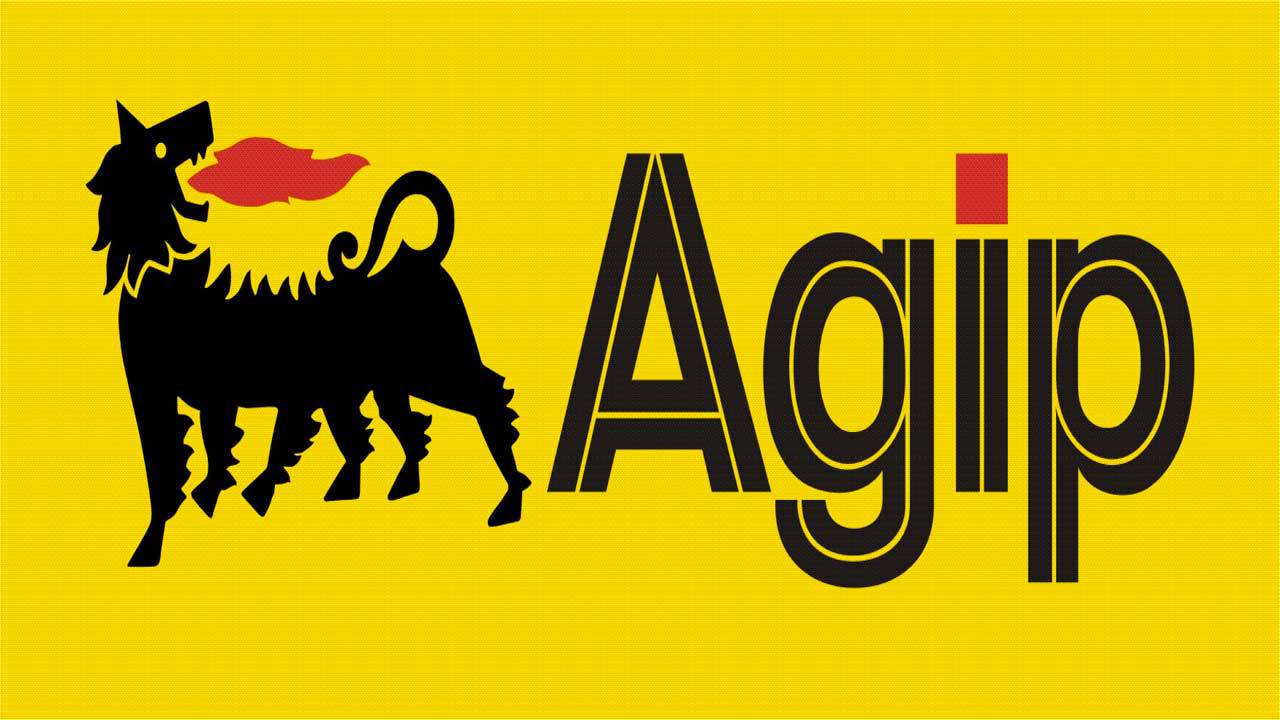- Agip Records 2,418 Oil Spills
The Ministry of Petroleum Resources on Thursday said 2, 418 oil spills were recorded in Nigerian Agip Oil Company’s operations between 2010 and 2016.
The Director, Petroleum Resources in the ministry, Mr Mordecai Ladan, made this known at the public hearing on “Despoliation of the Niger Delta and Activities of Nigeria Agip Oil Company” by the House of Representatives in Abuja.
Giving details of the incidents, Ladan said 10 spills each were recorded in 2010 and 2011; 2012, 575 spills; 2014, 788 spills; 2015, 498 spills and 332 in 2016.
He said, “Most of the spills in 2012 to 2016 are attributed to sabotage due to the agitations in Niger Delta and given that the locations of most NAOC’s operational areas are on land and swamp.”
Ladan, who was represented by Dr Musa Zagi, an Assistant Director, said that the department was researching into the environmental impact of the continued discharges from various terminals.
He added that several aspects of the study had commenced.
He said, “The outcome of the study will determine the magnitude of impact on the Brass canal caused by NAOC’s operations and the appropriate remediation options to adopt.
“The department has also designed a special sanction regime for companies and facilities that persist in the prohibited discharges.
“This Progressive Discharge Deterrent Charge shall be imposed on NAOC with your approval, to serve as a deterrent to further project delays and incentivise the company towards compliance.”
Agip in a document submitted to the committee and signed by General Manager (District), Mr Paolo Carrievale, said that the pipeline where the incidents occurred was vandalised by suspected oil thieves.
He said that the suspected vandals illegally installed a valve on the pipeline for the purpose of stealing oil.
Carrievale further stated that a joint inspection visit conducted by the National Oil Spill Detection and Response Agency and the Bayelsa Ministry of Environment established that the spill on the section of the pipeline was caused by third party interference.
Speaker of the house, Mr. Yakubu Dogara, in his speech, condemned the activities of economic saboteurs in the oil producing communities across the Niger Delta.
He expressed regrets over the death of 14 people in Azuzuama community in Bayelsa as result of the spills.
The speaker, who was represented by Rep. Chukwuma Onyema, Deputy Minority Leader, reiterated Federal Government’s commitment towards promotion of citizens’ participation in law-making process and governance.
According to him, the Joint Task Force was set up by the Federal Government as a stop gap to check breakdown of law and order in the Niger Delta due to militancy.
Dogara said that illegal refineries were spill-over of the activities of militancy in the Niger Delta allegedly due to joblessness, poverty and hunger.
He added that the illegal refineries thrived on illegal oil bunkering, stolen crude oil, and vandalism of oil pipelines and other installations.
He said, “Without a doubt, these illegal oil operations are reprehensible and should not be condoned for a number of reasons.
“Firstly, it is improper for citizens to destroy oil installations in their bid to steal crude oil as feedstock for illegal refineries.
“Secondly, it is most inappropriate for anybody, Nigerians or foreigners, to steal crude oil belonging to the Nigerian State with impunity.
“Thirdly, there are serious environmental issues involved, regardless of whether they dump the residue from the crude oil distillation process into the river or simply incinerate it.”
The Chairman, Ad hoc Committee on Joint Task Force in Niger Delta, Rep. Nasiru Garo, said that as part of the activities of the committee, members conducted on-the-spot assessment of the affected Niger Delta parts between Sept. 25 and Sept. 28, 2015.
He said, “This visit afforded the committee first-hand information on the extent of environmental degradation of the Niger Delta due to activities of illegal refineries operators and oil spillages.
“The committee also visited NAOC facility to assess the integrity of their equipment as mandated.”


 Billionaire Watch3 weeks ago
Billionaire Watch3 weeks ago
 Startups4 weeks ago
Startups4 weeks ago
 News4 weeks ago
News4 weeks ago
 News4 weeks ago
News4 weeks ago
 Bitcoin4 weeks ago
Bitcoin4 weeks ago
 Naira4 weeks ago
Naira4 weeks ago
 Forex3 weeks ago
Forex3 weeks ago
 Treasury Bills4 weeks ago
Treasury Bills4 weeks ago
























